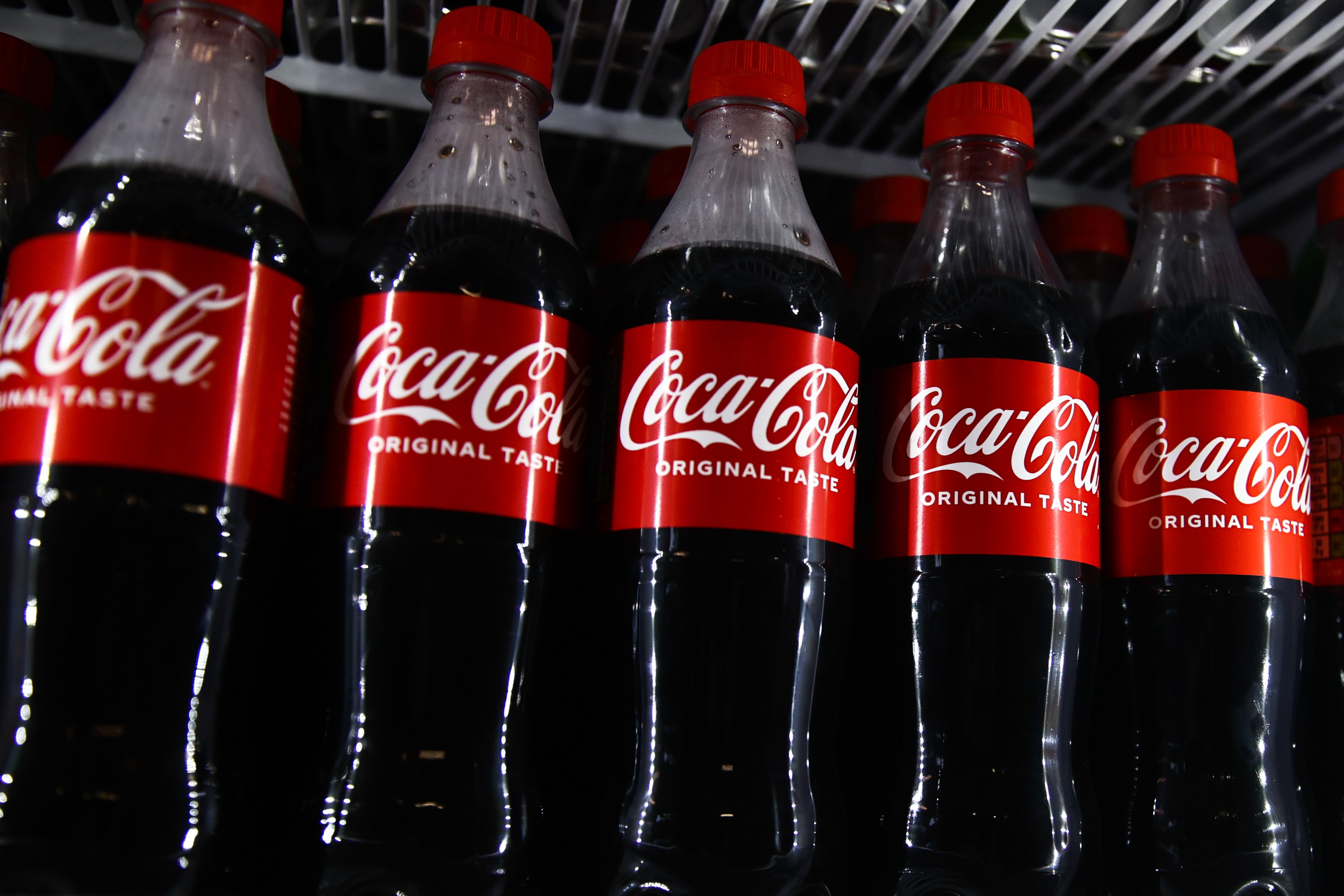
Coca-Cola (KO +0.83%) sells over 500 drink products, including four of the top five sparkling beverage brands in the world. Coke, Diet Coke, Fanta, and Sprite sit at the head of a list of an amazing 16 billion-dollar brands that the company controls.
It's hard to overstate just how ubiquitous Coca-Cola's trademark is around the globe. Last year, for example, Coke's product portfolio accounted for 2 billion beverage servings per day. That works out to slightly more than 3% of all drinks consumed by everyone, everywhere.
It's all about Diet Coke
But when the company posts quarterly earnings results on Tuesday it's really just one beverage that could grab most of the attention: Diet Coke. That struggling brand was the only one of Coke's blockbuster products to post lower sales last year, and it was a big reason why the company missed its sales growth targets: global volume improved by just 2% in 2013, well below Coke's long-run 3% to 4% annual goal.
Diet Coke, the brand was born on Aug. 9, 1982, when thirsty fans in the United States could first purchase it. Since then it has grown into one of Coca-Cola's most widely marketed drinks: it's available in over 150 markets around the world.
But sales have fallen off a cliff recently, particular in developed countries like the United States. Diet Coke's sales plunged by almost 7% here last year, according to Beverage Digest. This isn't a problem that's specific to Coke, though. PepsiCo's Diet Pepsi brand plummeted by almost the exact same percentage in 2013.
Perception vs. reality
The consumer stampede away from these drinks is mostly due to growing health concerns around the artificial sweeteners that make up key ingredients in diet sodas. Sure, the FDA and other government agencies say that these products are completely safe. But perception is as important as reality here.
And the perception is growing that diet sodas are not particularly safe. In my recent Internet search of the term "diet soda and ..." Google's top suggested way to finish that query was "diet soda and cancer," followed by "diet soda and diabetes." I think I just lost my appetite.

Author's recent Google search.
At least Coke is well aware of just how important this perception problem is. The company lists "consumer confidence in the safety and quality of all of our products" as one of the biggest factors behind its success. Increased concern about the safety of its drinks, "whether or not justified," the company explains in its annual report, could seriously hurt the business. That's why Coke is attacking the problem from a number of angles, including experimenting with new types of sweeteners and aiming to educate consumers about its products through marketing and product packaging.
What to watch for
Those efforts probably won't be enough to spark a turnaround in sales growth for Coke any time soon. Analysts expect the company to post a 4% dip in quarterly revenue to $10.6 billion on Tuesday. Wall Street sees a similar drop in store for profits: earnings should fall to $0.46 a share from last year's $0.44 haul.
Investors shouldn't be surprised if the company blames Diet Coke for any shortfall in its sparkling beverage portfolio this time, as it did last quarter. But shareholders should pay close attention to which direction the trend is pointing for Diet Coke, and how the company aims to get that powerhouse brand back to growth.






